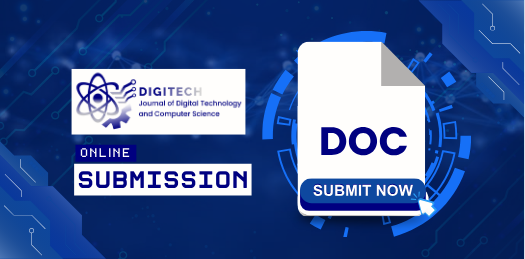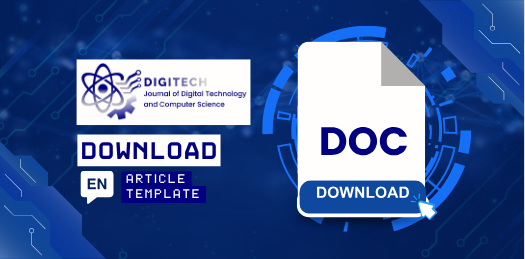| LOGIN |
Screening for Plagiarism
Plagiarism Screening
Papers submitted to DIGITECH: Journal of Digital Technology and Computer Science will be screened for plagiarism using Turnitin plagiarism detection tools. DIGITECH will immediately reject any papers found to contain plagiarism or self-plagiarism.
Before articles are sent to reviewers, they are first checked for similarity by a member of the editorial team. The submitted manuscripts must have a similarity level of less than 25% to be considered for publication.
Plagiarism refers to presenting another person’s ideas, words, or works as one’s own, without proper acknowledgment, permission, or citation of the original source. It includes several forms, such as literal copying, substantial copying, and paraphrasing without proper citation.
- Literal Copying — Directly copying another author’s work word-for-word, in whole or in part, without permission, acknowledgment, or proper citation. This can be easily identified by comparing the suspected manuscript with the original source.
- Substantial Copying — Reproducing a significant portion of another author’s work without proper acknowledgment. “Substantial” can refer to both quantity (amount of copied text) and quality (importance of the copied part to the original work).
- Paraphrasing — Restating another person’s ideas or words in one’s own writing without giving credit. This form of plagiarism is often harder to detect but remains unethical if the original author is not properly cited.








 Email:
Email: 
